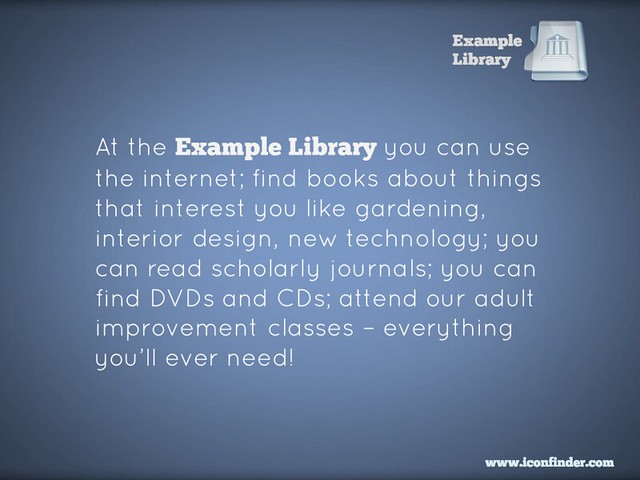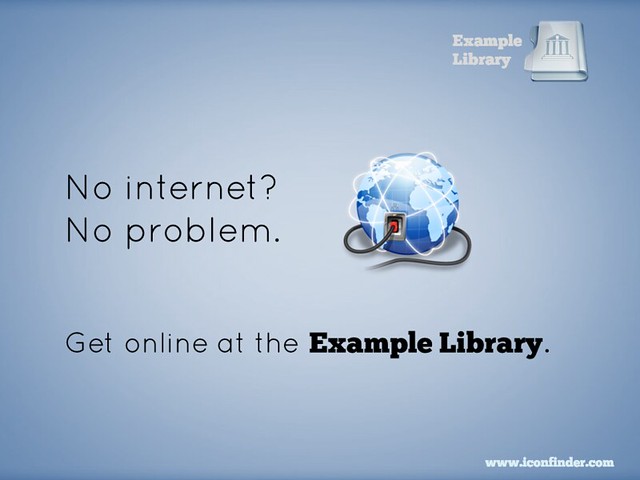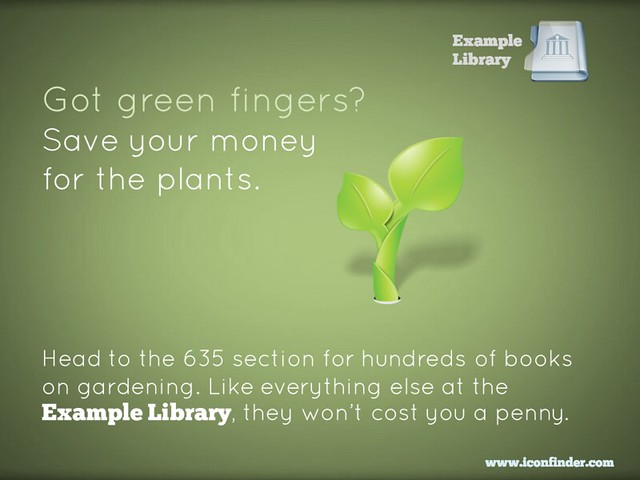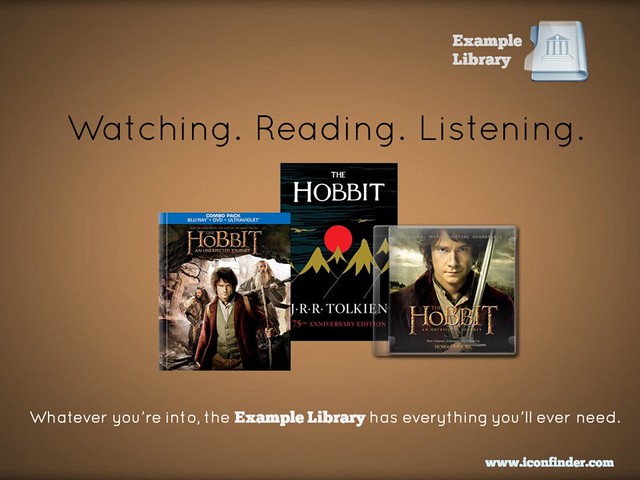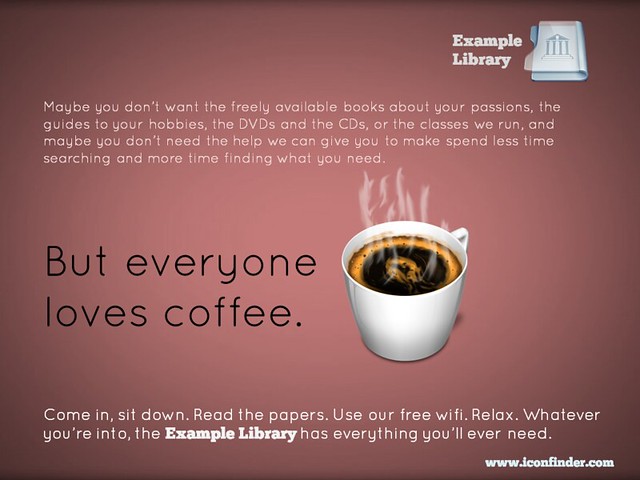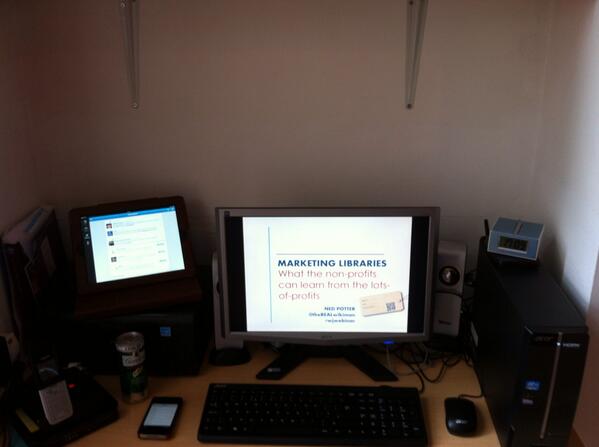In October I was invited to South Africa to speak at LIASA 2013, the 15th annual Library and Information Association of South Africa conference. It was in the fabulous City of Cape Town and it was incredible; I just haven't had a chance to put my thoughts down in a blogpost until now. But I know not everyone is particularly interested in a 'here's what I did' type post so I've put that separately in Part 2. There's also a Part 3 to follow about the differences between UK conferences and international ones. I was asked to do three things at the conference - a marketing workshop (half a day on strategic marketing and half a day on emerging technologies), a session for the Higher Education Library Interest Group on induction / orientation here at the University of York Library (the presentation is here, although it doesn't make much sense without me talking over the top, I'm afraid), and a talk aimed primarily at new professionals on building your reputation and professional brand. It's a tiresomely controversial subject, this; what it comes down to for me is that people fairly new to the profession can sometimes worry about being some sort of super librarian and DOING ALL THE THINGS, but actually you don't have to be like this at all. You just have to get involved with the areas of librarianship which correspond to your goals in the profession. So the talk was about that, and about different ways to be part of the wider community.
Below is the talk: it consists of my slides, the audio of the talk (recorded from my iphone in my jacket pocket!) and a couple of pictures to look at while I talk about some things I wasn't intending to talk about, at the very start.
It was fun doing this talk, it was different to the normal things I do. The room was bigger - this is the first time, outside of the webinar environment, that I'd talked to several hundred people at once. Speaking to a room that size is very different to speaking to 30 people - my usual very conversational presentation style wouldn't have worked. Presenting is a bit like drawing a picture in that the further away the audience, the broader the strokes needed for the picture; the detail gets lost.
The atmosphere was different in SA that from conferences I've presented at in the UK, too - people were laid back, ready to laugh. I was one of only three international speakers so everyone was very welcoming. And also, this talk is a version of something I'd originally delivered at a New Professionals Day back in 2012 which was designed primarily to address an anxiety about branding I'd heard many new professionals express - an anxiety which, having arrived in South Africa and been at the conference for a couple of days already, I'd found to be largely absent! So I felt a bit like my talk didn't match my slides - certainly I was trying to manipulate the slides to tell a slightly different, more widely applicable story, as I went along. But anyway I really enjoyed it and I've had some genuinely touching feedback about people feeling inspired.
Parts 2 and 3 to follow!


